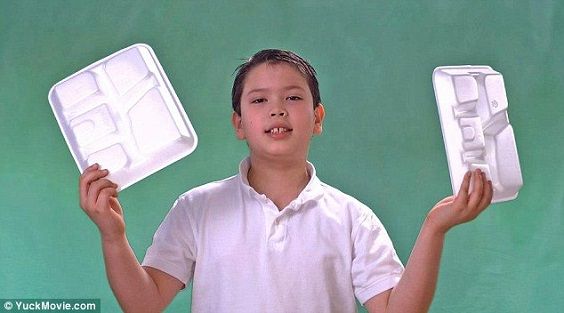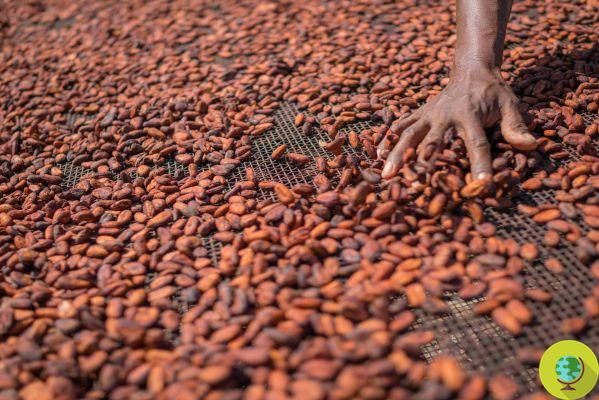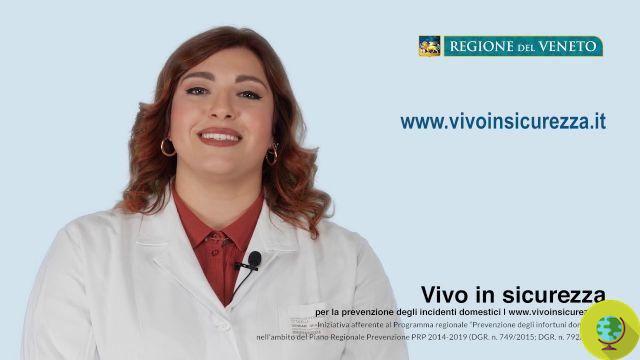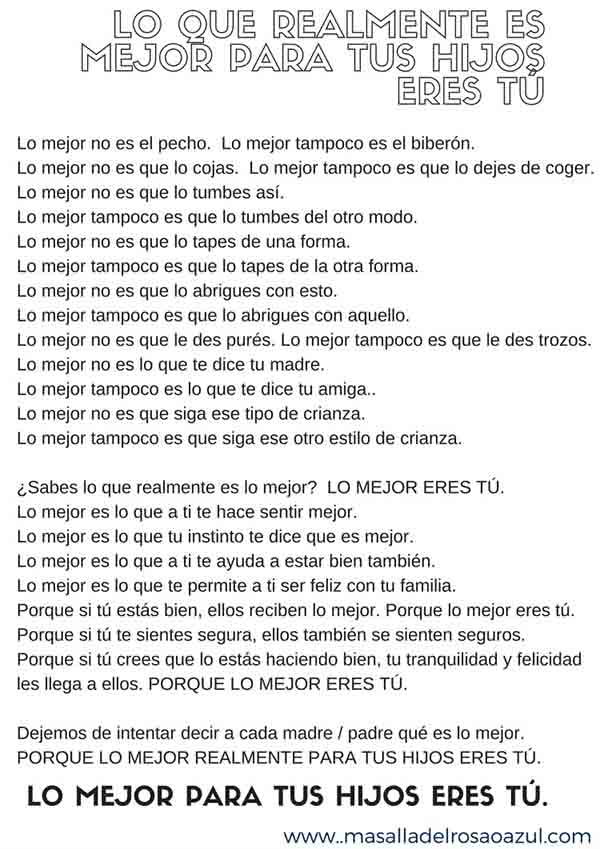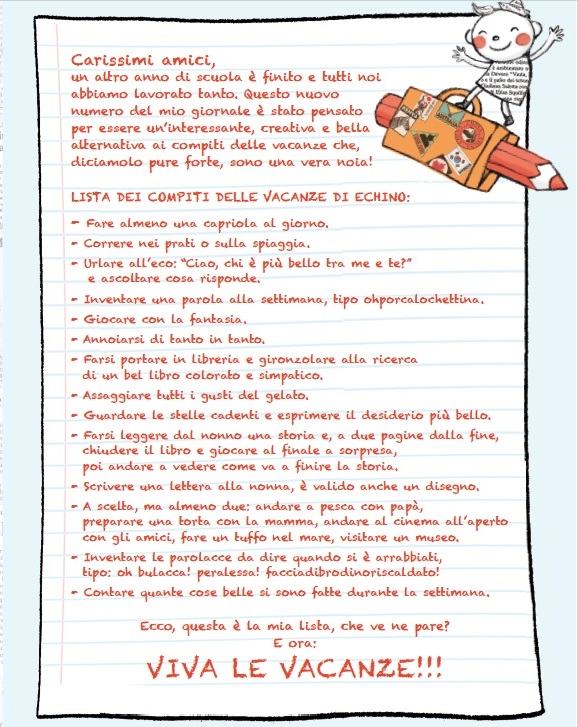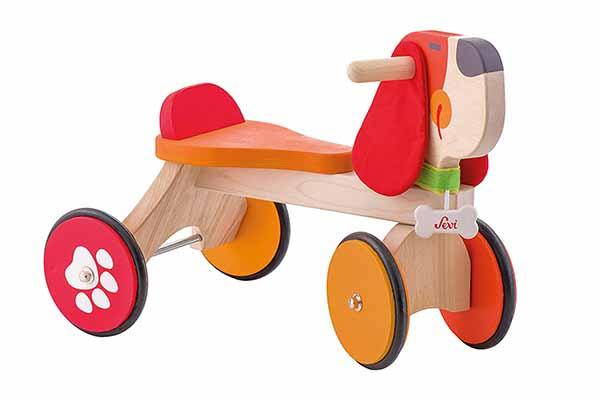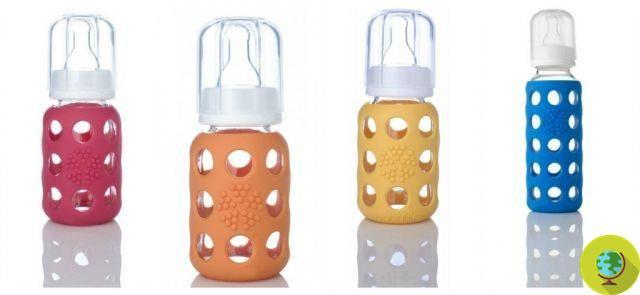
The time has come to say enough about the presence of arsenic and other heavy metals in products intended for our children. Unfortunately, several studies have still today highlighted the presence of these toxic substances in formula milk and foods for infants.
Don't store avocado like this: it's dangerous
The time has come to say enough in the presence of arsenic and other heavy metals in products intended for our children. Unfortunately, several studies have still highlighted the presence of these toxic substances in milk formula e foods for early childhood.
The January issue of "Scientific American" takes stock of the situation on the arsenic issue with particular reference to products for babies and children. Already from the first meals, the little ones come into contact with this toxic substance since the use of rice flour is recommended by pediatricians. Studies have found that many brands contain measurable amounts of inorganic arsenic, the most toxic type.
And unfortunately the risk is not only in the rice. A research by Consumer Reports last August had sampled 50 foods for babies and children, including a series of organic brands (not sold in our country), finding that practically every product was contaminated with a heavy metal. 15 also had such a high quantity of it that it presented potential risks for the children who consumed it every day.
Also in 2017, an American study, which analyzed 500 products from 60 different brands, reached the same dramatic conclusion. arsenic, BPA and other potentially toxic substances are found in formulated milk and more generally in baby food.
A study by ANSES, the French Food Safety Agency, then identified various pollutants in various products that the smallest ones consume on a daily basis, such as biscuits, baby food and milk powder. In this case, arsenic, nickel, lead, acrylamide and print toxins were found in baby food.
The risks of arsenic and heavy metals for the little ones
As recalled by the journal "Scientific American", arsenic and heavy metals can compromise cognitive development in children, particularly at risk precisely because of their smaller organism that absorbs more than that of adults.
Heavy metals that accumulate in children's bodies increase the risk of cancer, type 2 diabetes, cardiovascular disease, reproductive and cognitive problems. In particular, arsenic, then, would be able to reduce the IQ of the little ones.
What can we do
First of all, we can make sure that our children's diet is as free of these substances as possible. In the first months of life, breastfeeding should be favored and subsequently you can choose to use, only for short periods, the special flours for children to then move on to normal food (or opt directly for self-weaning, always paying attention what you put on the table for the little ones).
In addition to varying the types of cereals we use in our diet and that of children, it is good to know how to cook rice to remove arsenic.
As "Scientific American" remembers:
"Low levels of exposure for short periods are unlikely to cause devastating effects and parents should focus on reducing the overall levels of these toxic substances in their children's total diet to limit the harm."
On the other hand, heavy metals are found in soil and water and therefore any cultivation is at risk. Obviously pollution and some agricultural production processes increase the problem and then there are some types of crops (such as rice that needs a lot of water) that are much more at risk than others.
On the other hand, however, those who deal with food for children and babies should be better vigilant so that there are no worrying traces of arsenic and heavy metals in the production cycle. Companies, therefore, could and should adopt stricter safety measures towards baby food.
Read also:
- Arsenic and BPA in baby food and formulated milk: the American shock study
- Arsenic alarm in the urine of children who often eat rice
- Arsenic in Rice: Should You Worry?







